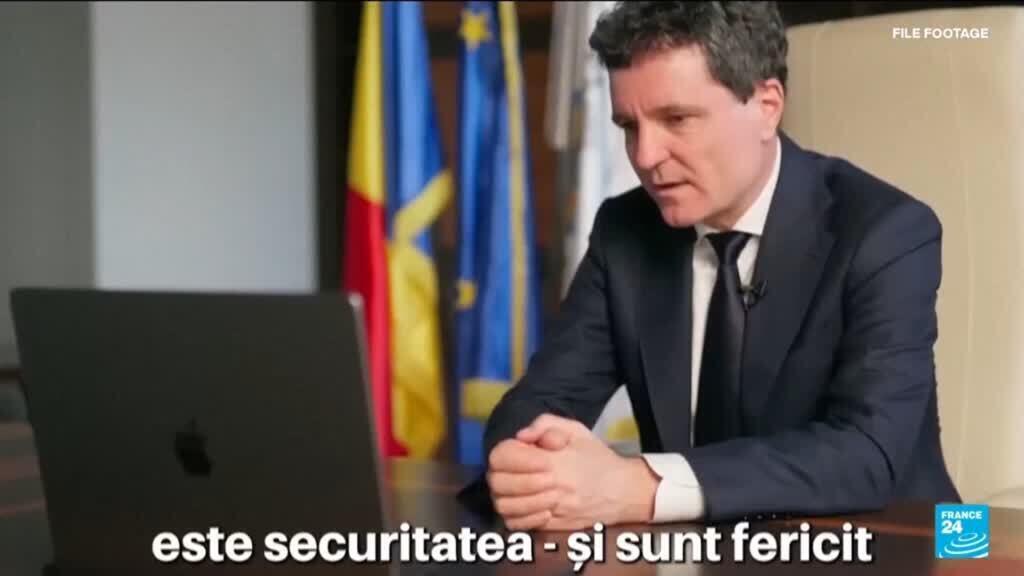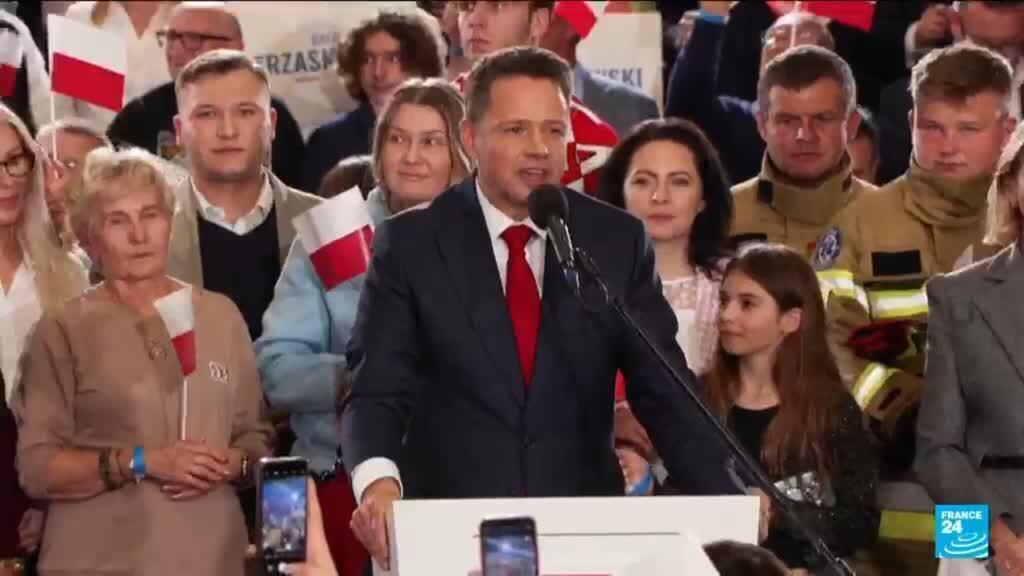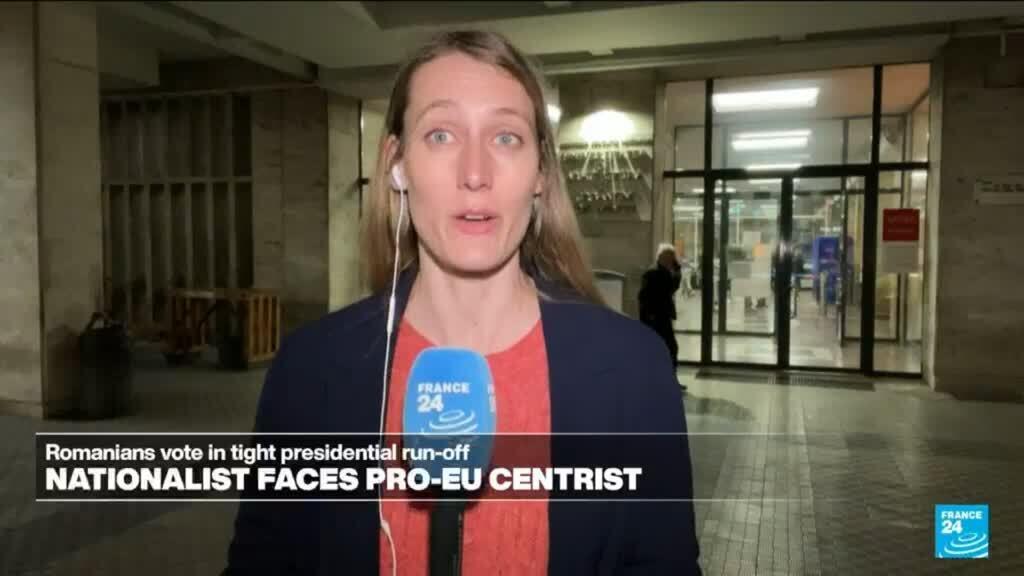On Sunday, voters in Romania participated in a highly anticipated presidential runoff, a critical juncture for the nation that could influence its geopolitical stance within the European Union and NATO. The election featured a face-off between a hard-right nationalist candidate and a pro-Western centrist, each representing vastly different visions for the country.
The stakes were particularly high, as Romania's position in the EU and NATO is significant, underscoring its role as a key player in Eastern Europe amid rising tensions in the region. As Europe's political landscape continues to evolve, the outcome of this election could have lasting implications for Romania's foreign policies and alliances.
Throughout the campaign, the hard-right nationalist candidate emphasized national sovereignty and a more cautious approach to foreign relations, often appealing to a segment of the electorate that prioritizes traditional values and a robust defense of national interests. This perspective reflects a growing trend in several European countries, where nationalist sentiments have gained traction in the face of perceived external threats and domestic challenges.
In stark contrast, the pro-Western centrist candidate advocated for deeper integration with Western institutions, promoting policies that align Romania more closely with EU directives and NATO strategies. This candidate's platform focused on issues such as economic growth, social stability, and enhancing Romania's role within the international community.
As Romanians made their way to polling stations across the country, the atmosphere was charged with tension and anticipation. Voter turnout was expected to be a crucial factor in the runoff's outcome, as both candidates sought to galvanize their supporters and appeal to undecided voters. The diverse electorate reflects a complex tapestry of opinions, where younger voters often lean towards progressive policies while older generations may gravitate towards traditionalist viewpoints.
Polling stations were staffed with observers to ensure a fair and transparent voting process, particularly in light of past controversies surrounding electoral integrity in Romania. This runoff was seen as not just a choice between two candidates but also a referendum on the country's future direction amid global political shifts and economic challenges.
With issues such as corruption, economic disparity, and migration at the forefront of voters' minds, both candidates worked tirelessly to address these pressing concerns. Debates and public engagements were critical for clarifying their stances, allowing voters to make informed decisions based on policy proposals rather than just party allegiance.
The election's outcome will not only shape Romania's domestic policies but could also reverberate through European politics. Analysts and political commentators are closely monitoring the results, as they may signal larger trends within the EU, particularly regarding the rise of nationalist movements and the responses from more established political entities.
As the final votes were tallied, the results of this presidential runoff have the potential to redefine Romania's trajectory in the international arena, either reinforcing its commitment to Western alliances or pivoting towards a more nationalist approach.
```











